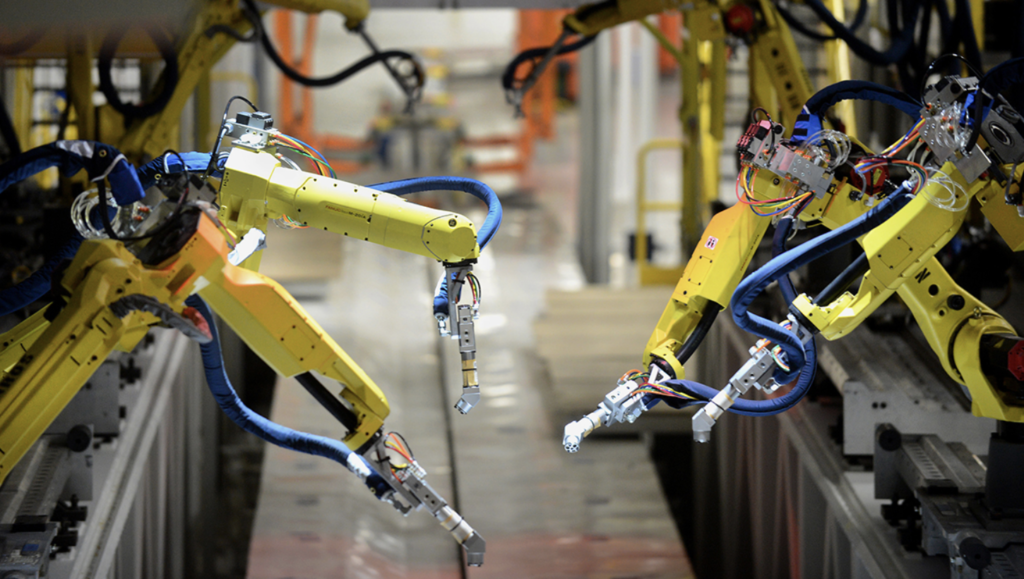
A new study discovers that automation could kill up to 800 million jobs worldwide by 2030 which entails that 38% of U.S. jobs have a high risk of being wiped by automation in 2030. Uncertainties that automation will kill more jobs continue to grow which shows that workers are at risk. An estimated 73 million U.S. jobs would be dissolve and most of them will be to increased productivity due to automation. It was revealed that robotics and artificial intelligence would eradicate not just blue-collar factory jobs but also many white-collar careers such as paralegals, journalists, airline pilots, even surgeons could be affected.
Automation is gradually booming in every part of our lives, whether it’s robots building the cars we drive or artificial intelligence systems driving the vehicles for us. With the increase in autonomous systems, many people concern is how their job will be affected.
Seventy-three million jobs in the world’s foremost economies could fade over the next fifteen years because of improvements in technology. Improvements in artificial intelligence, robotics, and biotechnology, would interrupt the business world in a comparable way to preceding industrial revolutions. It was found out that as many as 73 million jobs in the U.S could be lost through automation. Those losses would be partly balance by the establishment of 2.1 million new opportunities in sectors such as tech, professional services and media. Countries will have to invest in changing their workforce if they want to keep up with the variations and avoid a worst case situation.
The effect of automation on jobs could really be determined by the occupation. A report by the International Institute for Sustainable Development proposes that automation could substitute more jobs in the next decade. Artificial Intelligence, Automation, and the Economy,” issued by the Executive Office of the U.S. President, states that automated vehicle technology could impend or change 73 million of the jobs in the United States. That means 80 percent to 100 percent of these positions will be eradicated. Those working physical labor jobs are not the only ones who would be affected. Software capable of analyzing large volumes of legal documents is expected to drastically reduce the number of paralegals and as such software programs advance, people with other occupations, like accountants, could become easily replaced.
On the other side, people with tech expertise will be required in every industry to set up and control the automation systems. Nevertheless, they’ll be hired at a smaller number than the people the machines will eventually replace.